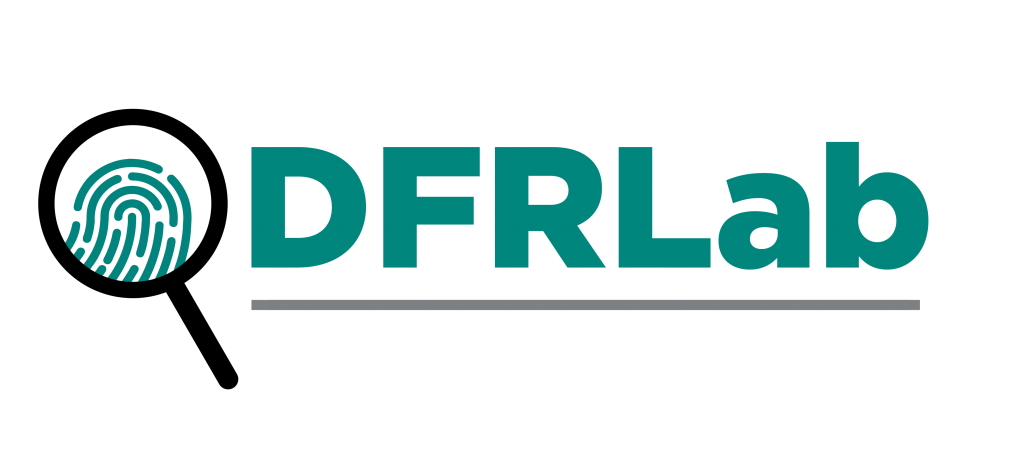As the global community continues to grapple with the coronavirus (COVID-19), the Atlantic Council is open for business. Our business, meetings, and events, however, are occurring virtually. For more information, please read an update from our President and CEO.
Please join the Atlantic Council’s Digital Forensic Research Lab for Reclaiming Reality: Deradicalization and Rehabilitation After the January 6 Attack on Thursday February 18, 2020 from 2:00-3:00 pm EST, a conversation between civil society leaders in the fields of domestic extremism, counter-radicalization, and internet culture on how to combat violent domestic extremism following the January 6 attack on the US capitol. The assault on Congress was the direct result of a months-long effort rooted in disinformation; promoted by President Donald Trump; coordinated by some of his most fervent, conspiratorial supporters; and incorporating a wide range of supporting groups. In its wake, multiple questions remain regarding the character and extent of domestic extremism in the United States, the appeal of QAnon and adjacent conspiratorial communities, and the limitations of previous countering violent extremism (CVE) practices.
This conversation will feature Amarnath Amarasingam, an Assistant Professor in the School of Religion at Queen’s University, Cristina López G, a Senior Research Analyst with Data and Society, QAnon Anonymous co-host Travis View, and the DFRLab’s Research Fellow, Jared Holt. Panelists will provide a taxonomy of the extremist types involved and will offer insights into the distinct characteristics, ideologies, and incentives for those who were at the capitol, supported it, or are sympathetic to it.
Drawing on a combined-decades worth of experience researching radicalization and facilitating rehabilitation, the panel will share their lessons learned, and discuss de-radicalization strategies that can help pull supporters away from violent ideologies and build resilience against domestic violent extremism. They will contextualize the conversations about CVE policies playing out across media and government within the inefficiencies and shortcomings of CVE efforts as currently constituted. The panel will offer alternate models to help adherents exit violent extremism, discussing how to effectively frame counter-radicalization initiatives and messaging.
This event is a part of a series of conversations focusing on the nexus of disinformation, platform governance, and domestic extremism. For more on these and other topics, visit the Digital Forensic Research Lab.
Speakers
Jared Holt
Resident Fellow
DFRLab
Amarnath Amarasingam
Assistant Professor
School of Religion, Queen’s University
Cristina López G.
Senior Research Fellow
Data and Society
Travis View
Co-host
QAnon Anonymous

The Atlantic Council’s Digital Forensic Research Lab (DFRLab) has operationalized the study of disinformation by exposing falsehoods and fake news, documenting human rights abuses, and building digital resilience worldwide.
On Twitter? Follow @DFRLab and @AtlanticCouncil to join the conversation